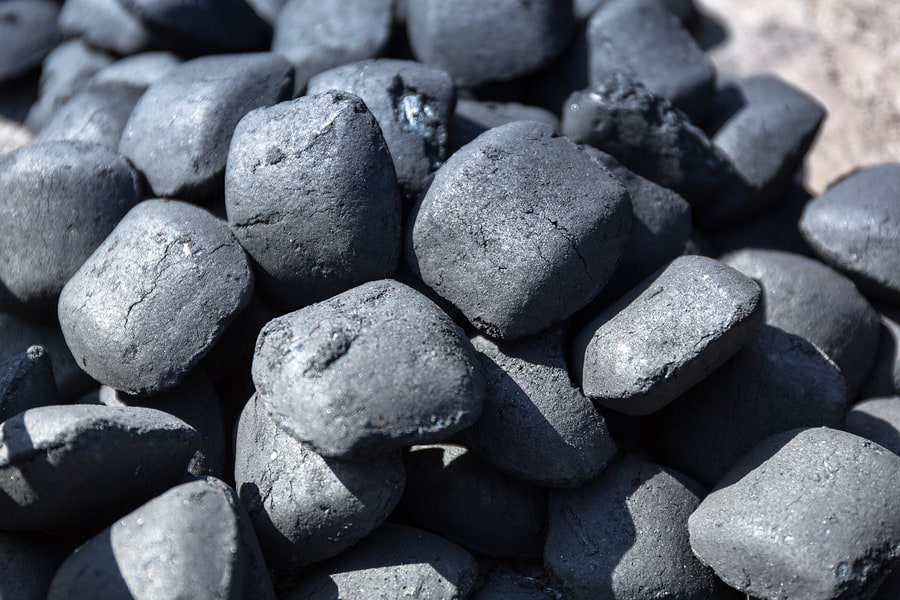How to Purchase and Export Coal Briquettes from Zimbabwe
How to Purchase and Export Coal Briquettes from Zimbabwe
Coal briquettes are an abundant form of solid carbon that is used for heat and energy production. They are made by compressing low-grade coal into denser materials that have a longer burn time. The demand for coal has increased over the past decade due to its high heat and energy content, availability, and affordability when compared to other fuel sources. In addition, it can also be used to produce secondary products as a result of its conversion process. Coal briquettes are produced from low-grade coal, which is also known as pyrolytic or cinder coal. It is commonly found in large quantities in Zimbabwe. A country with a large number of mines producing this type of coal. There are two types of coke: primary coke and secondary coke. Primary coke is obtained directly from the destructive distillation of bituminous coal or by the destructive distillation of coking residue after transformation into volatile oils (coconut oils). Secondary coke is derived from primary coke by further processing with hot air or other means in order to remove excess tar, ammonia compounds, etc., and make it more suitable for use as a fuel under pressure in blast furnaces.
Why should you import coal briquettes from Zimbabwe?
Zimbabwe is an abundant producer of low-grade coal, which is the main feedstock of coal briquettes. As a result, it has a competitive advantage in the global market, in terms of price and supply. The coal briquettes imported from Zimbabwe have a high ash content, which can be used in the production of fertilizer. The briquettes are shipped in bulk quantities and are accessible through the seaport in Durban, South Africa. The other ports for shipping coal briquettes are Beira and Maputo, both in Mozambique. Zimbabwe is a member of the Southern African Customs Union (SACU) and is, therefore, exempted from paying duty.
How to import and export coal briquettes from Zimbabwe?
To import and export coal briquettes from Zimbabwe, an importer needs to meet the country’s valid regulatory requirements. The importer has to be registered with the Zimbabwe Revenue Authority (ZIMRA). The importer also has to obtain valid licenses and permits from the relevant government agencies in Zimbabwe. The importer will also have to hire an inspection and testing agency.
Which Documents are mandatory to export coal briquettes from Zimbabwe?
Bill of Lading Commercial Invoice Packing list Health and Inspection Report Certificate of Origin
Which type of Shipment is required for exporting Coal Briquettes from Zimbabwe?
For exporting coal briquettes from Zimbabwe, the importer should hire a vessel with the capacity of 18,000 metric tons. The coal briquettes should be shipped in bags or in a container.
Steps to export and import coal briquettes from Zimbabwe
Step 1: The importer should find out if the commodity is part of the Zimbabwean export list. If yes, then he should apply for an Import License. Step 2: The importer should find out if there are any import restrictions for his product. If yes, then he should apply for an Export License.
Conclusion
Coal briquettes are an abundant form of solid carbon that is used for heat and energy production. The demand for coal has increased over the past decade due to its high heat and energy content, availability, and affordability when compared to other fuel sources. The importers have to meet the country’s valid regulatory requirements, obtain valid licenses and permits from the relevant government agencies in Zimbabwe, and hire an inspection and testing agency. The importers have to find out if the commodity is part of the Zimbabwean export list, and apply for an Import License. If there are any import restrictions for his product, then he should apply for an Export License.








LEAVE A COMMENT
You must be logged in to post a comment.